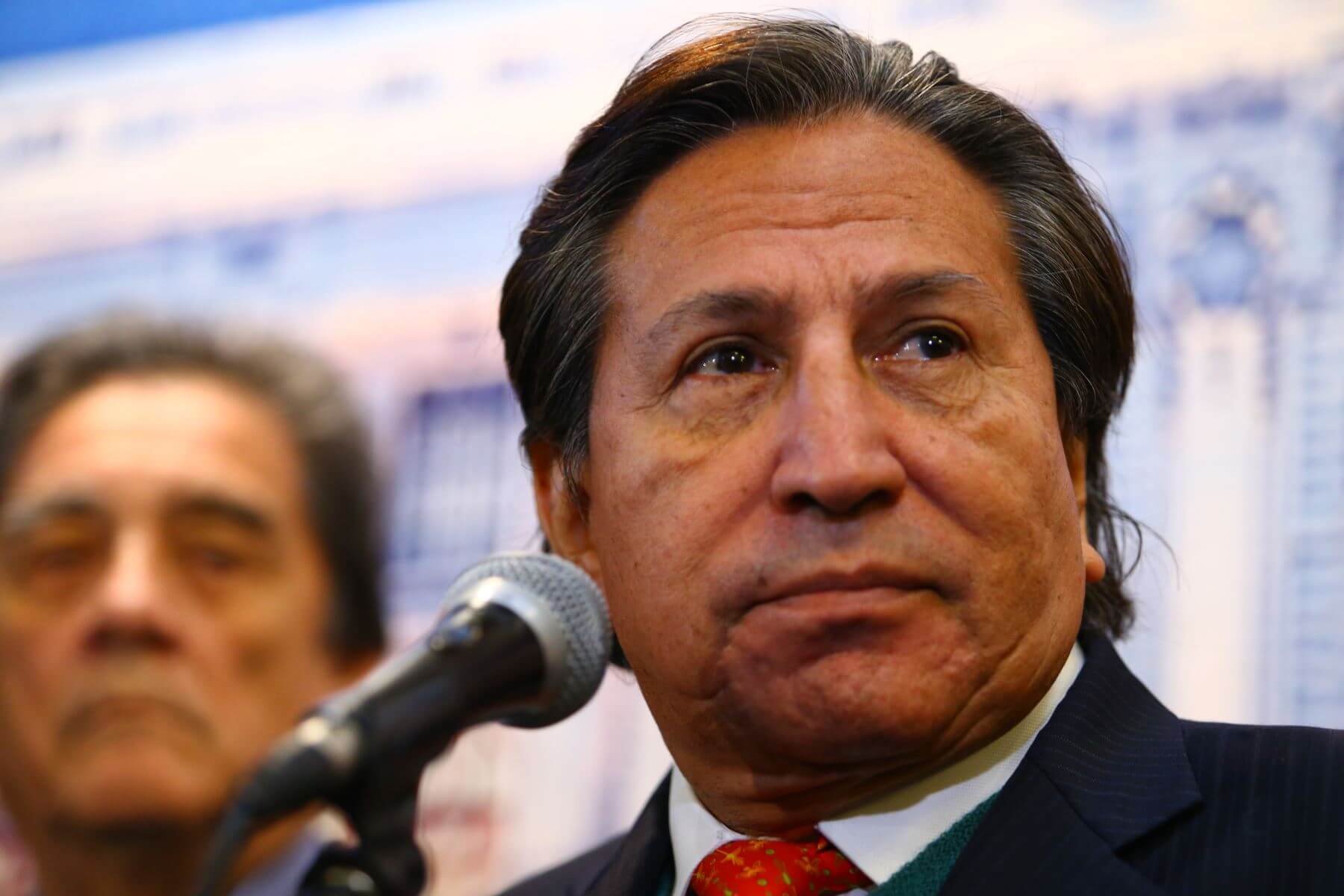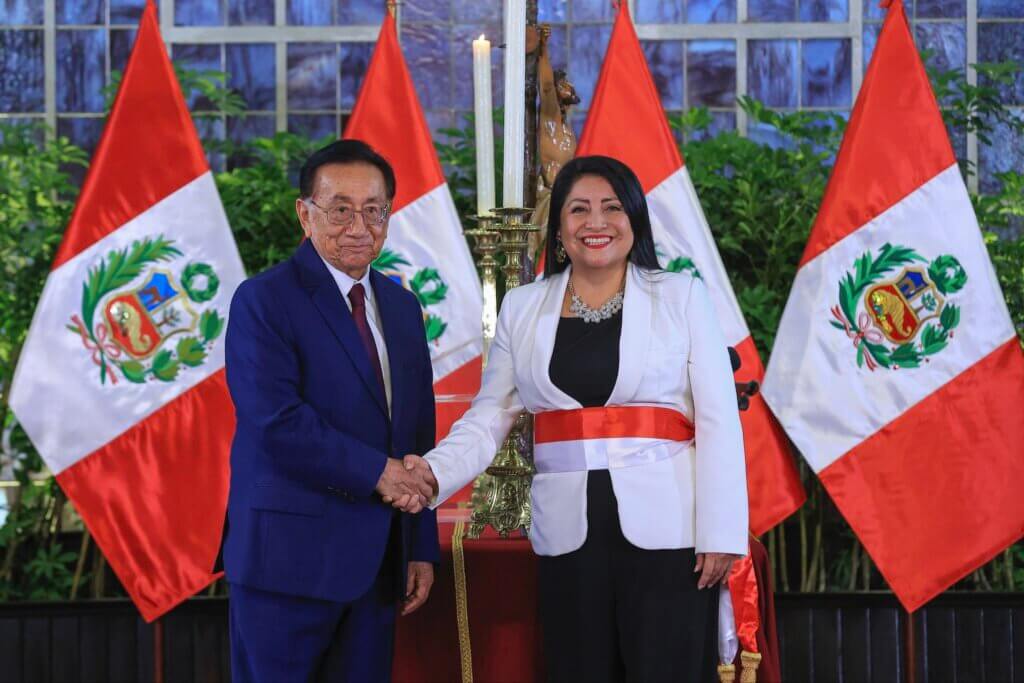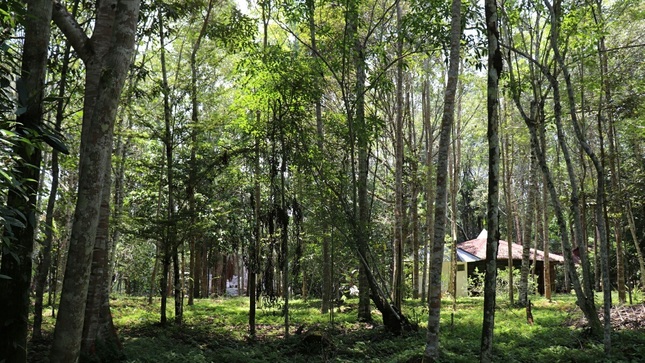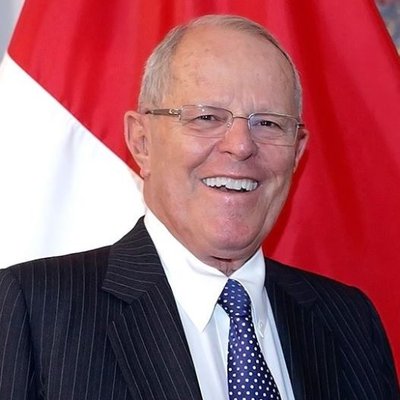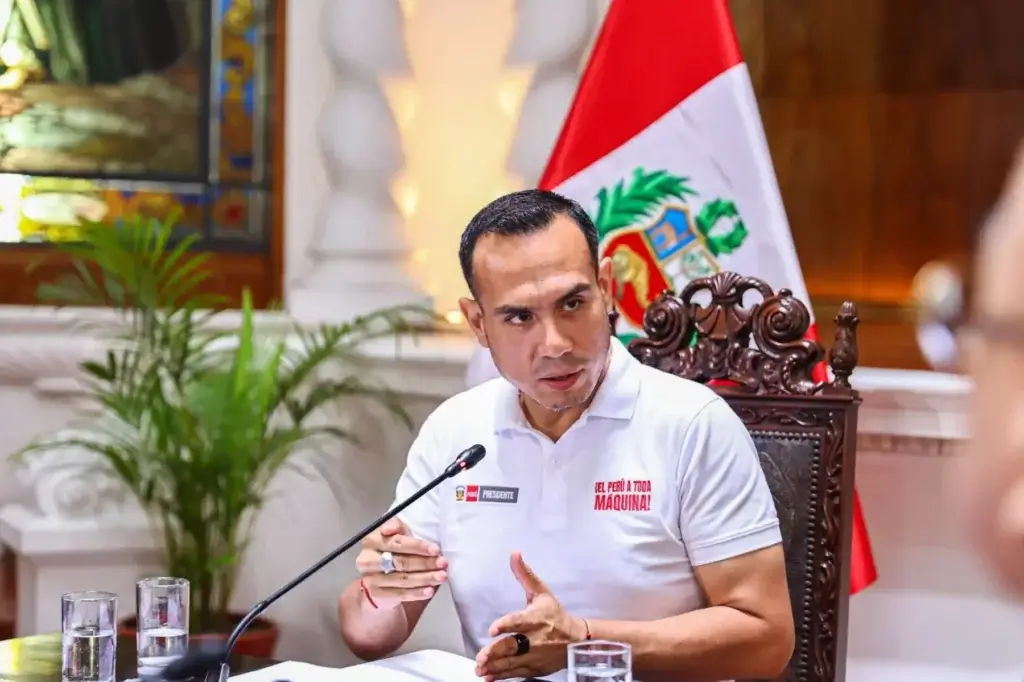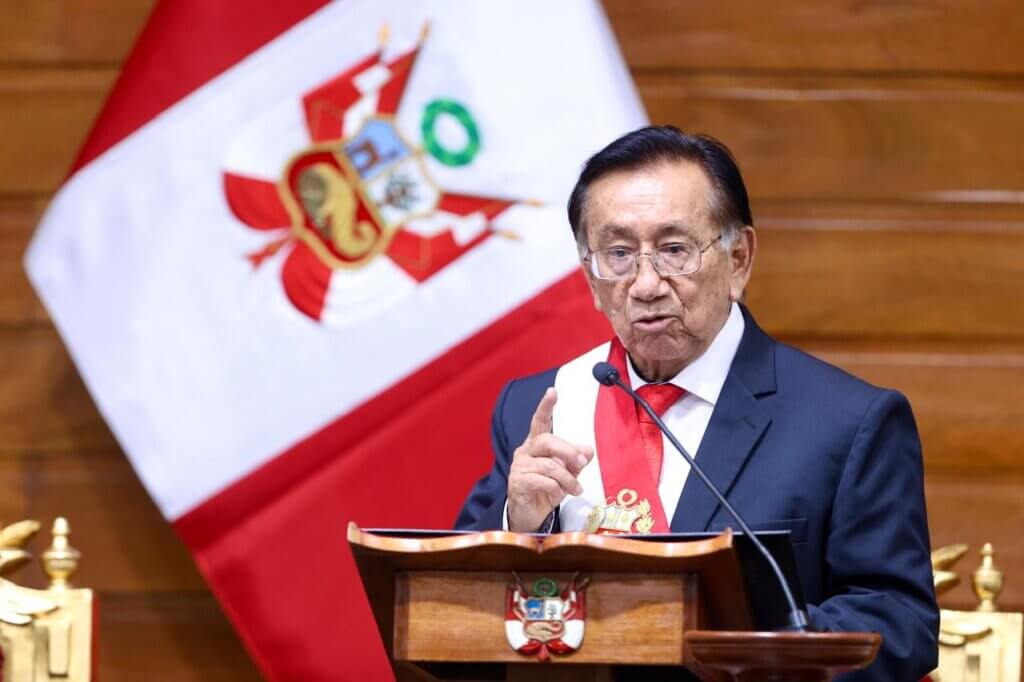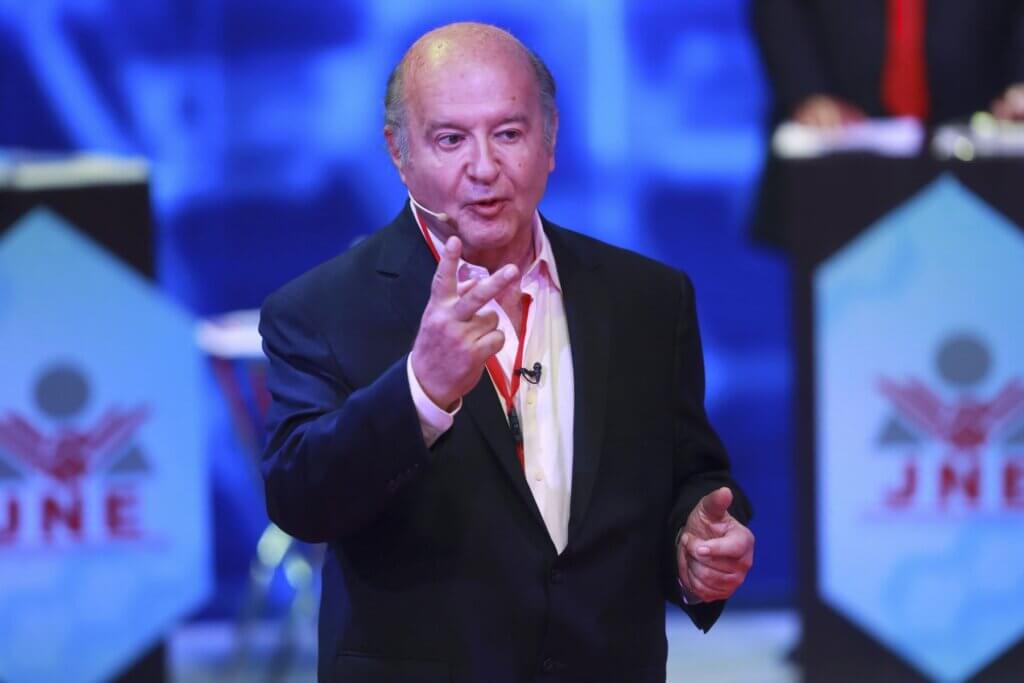Lima, Peru — Alejandro Toledo, president of Peru from 2001 to 2006, was sentenced last week to 20 years and six months in prison after being found guilty of receiving USD $35 million in bribes from the Brazilian construction company Odebrecht. In exchange, Toledo allegedly favored the company with public works contracts.
This historic ruling makes him the first former Peruvian president convicted in connection with the Odebrecht case, a corruption scandal that compromised several former Latin American leaders, including former Peruvian presidents Ollanta Humala and Alan García, the latter of whom passed away in 2019.
Investigations into Toledo began in 2015 and revealed that the bribes were allegedly transferred to offshore accounts associated with his late friend and businessman Josef Maiman. Peru’s Public Ministry presented evidence of these transfers, including that over USD $10 million was sent to accounts under the name of Toledo’s mother-in-law, enabling Odebrecht to secure the contract for the Interoceanic Highway, a 650-kilometer project connecting Brazil with Peru’s coast.
Silvana Carrión, ad hoc prosecutor with the Ministry of Justice for the “Lava Jato” case (Operation Car Wash as it’s known in Brazil), explained the significance of this sentence in statements collected by Peru Reports.
“This ruling is highly significant as it establishes the involvement of a president in serious acts of corruption,” she said. She further stressed that this offense “merits the most severe punishment,” Carrión said.
The investigation into Toledo included strong evidence, not only from Maiman’s earlier testimony but also from other key witnesses, as well as accounting and financial analyses detailing the money trail to accounts managed by Toledo through Maiman. Carrión stressed that these elements confirmed the “money trail,” specifically “the USD $35 million that entered for sections 2 and 3” of the highway.
Throughout the trial, Toledo denied his guilt, claiming that Maiman had kept the money. However, Carrión said that defense was baseless. “He has said that throughout the trial, but it has already been dismissed … what the judges will consider is documentary, testimonial, and expert evidence.”
Additionally, the Attorney General’s Office is taking action on the assets of Jorge Barata, the former director of Odebrecht in Peru and a key figure in the bribery network. Although Barata did not testify during the trial, his previous statements were used, and evidence of property transfers made to his relatives was examined. Carrión highlighted that “the Attorney General’s Office is taking necessary steps regarding these assets, which are registered under third-party names.”
Finally, Carrión underlined that this sentence is essential not only for punishing the guilty but also for sending a message of rejection of corruption. “The distrust we currently have in authorities, officials, and the public administration is due to acts like those committed by Mr. Alejandro Toledo,” she concluded.
This conviction, along with pending investigations in the Ecoteva case, a suspected money laundering offense in which Toledo is also involved, marks an important step in the fight against corruption in Peru and the region.
In addition to Toledo, the last president elected by Peruvians, Pedro Castillo, is currently in prison after a failed coup on December 7, 2022, and could face 32 years in prison if the alleged crimes of criminal organization, aggravated collusion, and influence peddling committed during his term are proven.
In the last 23 years, with the exception of two interim presidents, every other Peruvian president has faced legal troubles and has ended up imprisoned, in exile, or at least tainted by corruption at some point.
In April 2019, with evidence mounting against him and a request from the Public Prosecutor’s Office for pretrial detention, Alan García, president from 2006 to 2011, shot himself in the temple and died without facing trial.


